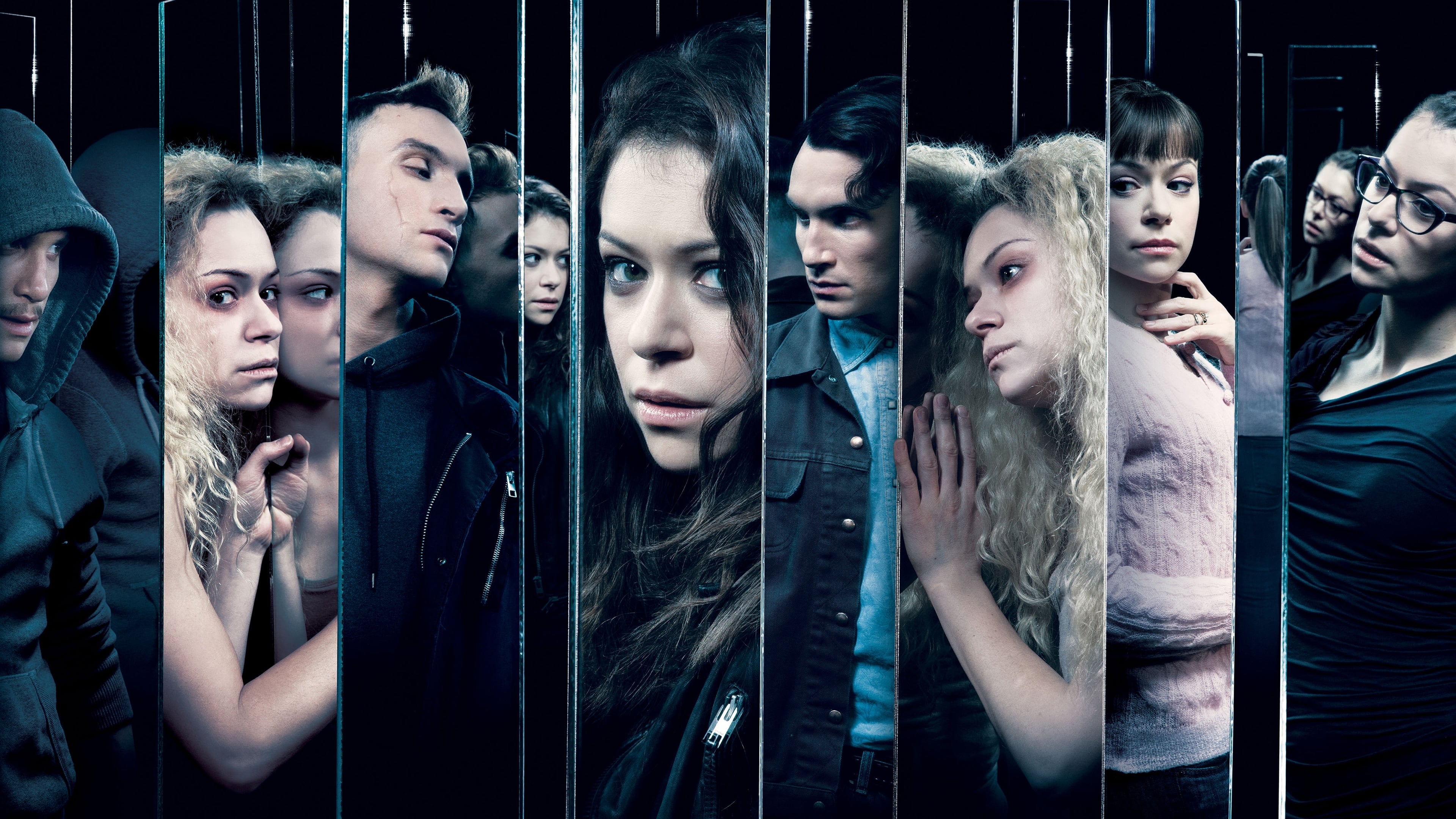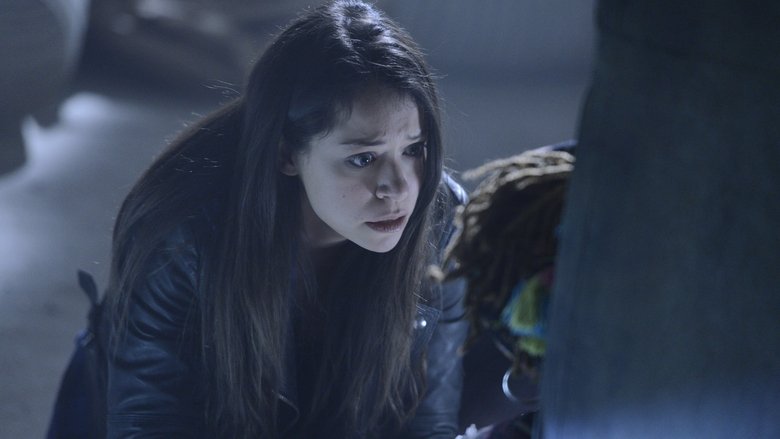


"Cloning goes to the movies", História, Ciências, Saúde-Manguinhos, 13 (2006): 181-212.ĭawkins, Richard, The Selfish Gene, New York, Oxford University Press, 2006.įoucault, Michel, Security, Territory, Population: Lectures at the College de France 1977-1978, Vol.

"Multiplicities: An anthropologist's thoughts on replicants and clones in popular film", Critical inquiry, 27.3 (2001): 493-514.Ĭormick, Craig. The cited examples provide references for typified patterns as well as for the development of both the clone figure and the scientific evilness component.īattaglia, Debbora. Duncan Jones, UK, 2009) and the TV series Orphan Black (created by Graeme Manson & John Fawcett, Canada, 2013–). This paper analyses the "evil science" construction and the semiotics of the human/clone identity it produces as displayed in the cases of Never Let Me Go (Kazuo Ishiguro, 2005), The Island (Dir. In the case of clone fiction, the focus of this article, the inhumanity of the oppressive powers enhances the questioned humanity of the clones, a particularly complex and evolving type of character that is often commodified. A common pattern derived from these practices is that they generate dystopian scenarios where a community is oppressed and abused by scientific means thus portraying science and its agents as evil. In our days, this thematic trend is probably the most prolific one when inspiring narratives in popular culture and also constitutes the source of much bioethical debate. Early examples include Xena: Warrior Princess, and Taken, while more recently he has also worked on Heartland, and Rookie Blue.The manipulation of human DNA in the form of eugenic pursuit, cloning, genetic engineering etc., has become a well-established subject in science fiction for decades now. Ginger Snaps also spawned a sequel, Ginger Snaps 2: Unleashed (directed by Sullivan, and starring Tatiana Maslany and Eric Johnson), and a prequel, Ginger Snaps Back: The Beginning (directed by Harvey).įawcett has also directed four other feature films, The Boys Club, My Daughter's Secret Life, The Dark, and Last Exit, but has spent most of his career directing for various TV series. The film also shares a number of crew members with Orphan Black, most notably series directors Vincenzo Natali, Brett Sullivan, and Grant Harvey, who all worked on the film in various roles. The film has also gained much scholarly attention, with various academic studies, and papers having been written. The film was well received thanks in part for its depiction of teenage themes as it links lycanthropic transformation to ideas including adolesence, puberty, and menstruation. A Canadian horror film, it follows the story of two sisters after one is bitten by a werewolf, and slowly begins to transform herself. John Fawcett is perhaps best known for directing the feature film Ginger Snaps, which he also co-wrote alongside Karen Walton.


 0 kommentar(er)
0 kommentar(er)
